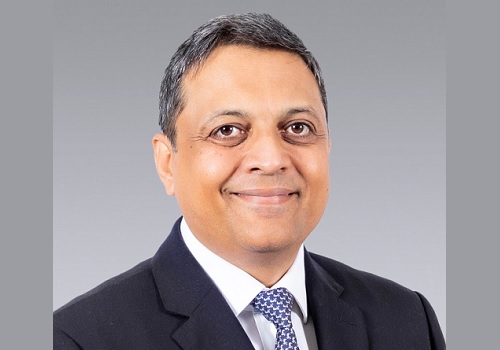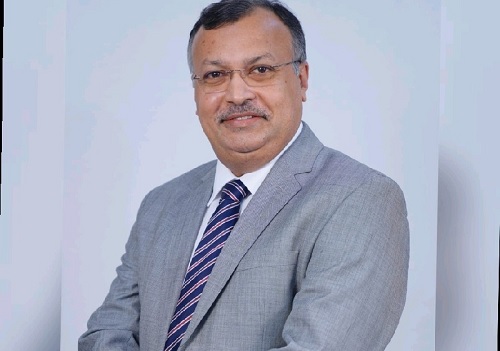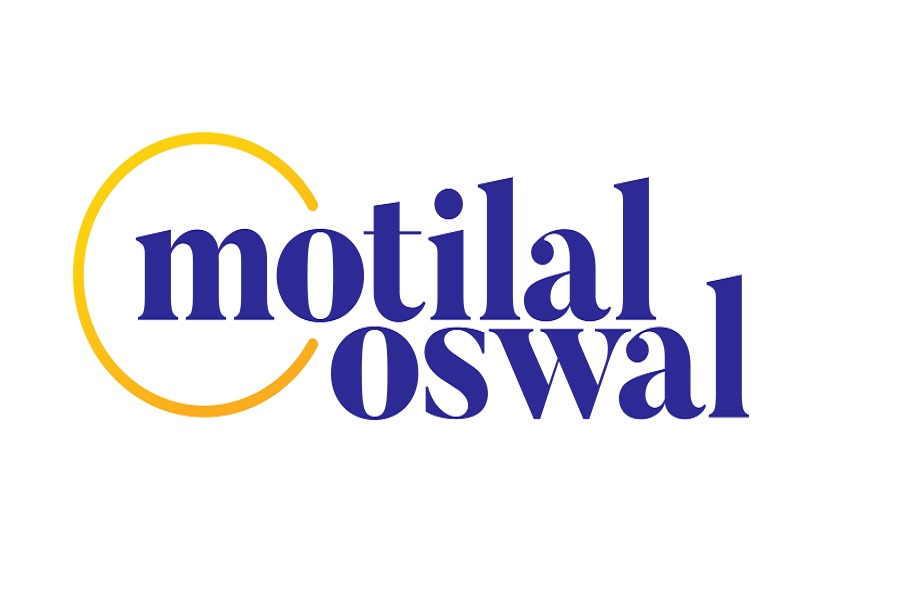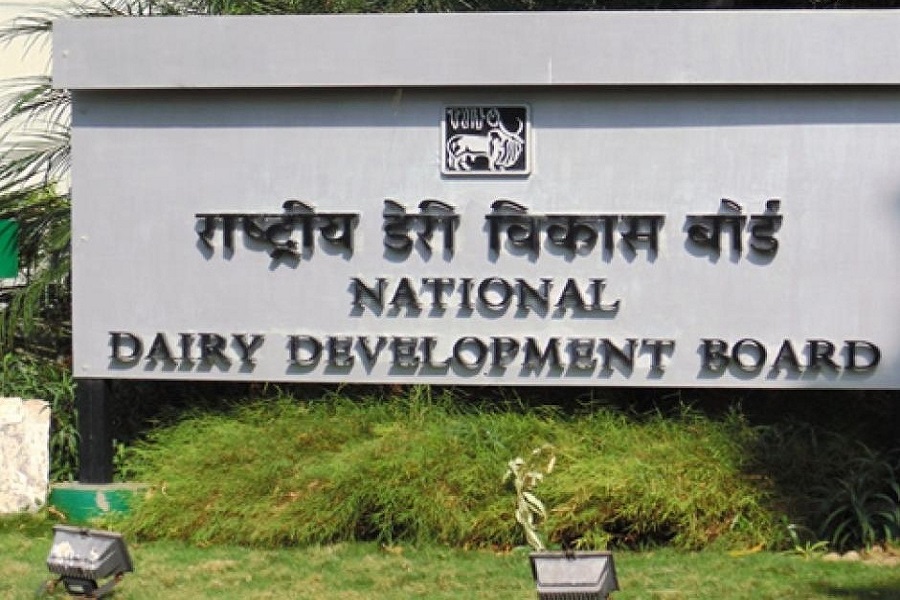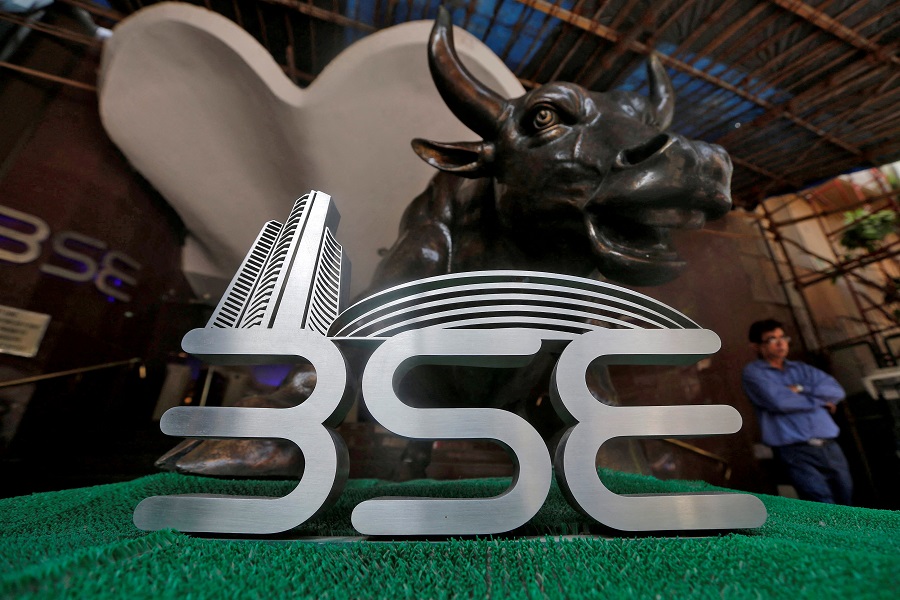Tunwal E-Motors coming with IPO to raise Rs 115.64 crore

Tunwal E-Motors
- Tunwal E-Motors is coming out with an initial public offering (IPO) of 1,96,00,000 equity shares of face value of Rs 2 each for cash at a fixed price of Rs 59 per equity share.
- The issue will open for subscription on July 15, 2024 and will close on July 18, 2024.
- The shares will be listed on NSE Emerge Platform.
- The share is priced at 29.50 times higher to its face value of Rs 2.
- Book running lead manager to the issue is Horizon Management.
- Compliance Officer for the issue is Bhavana Shivshankkar Sangoli.
Profile of the company
Tunwal E-Motors, founded in 2018, is one of the emerging companies in the EV 2- wheeler sector, committed to advancing innovation in EV 2-wheeler manufacturing. Over the years, the company has achieved a 346% CAGR on revenue, introduction of more than 23 models including 7 variants of 2 wheelers, dealer base of over 225 across India and established a presence in 19 states. Earlier, its promoter, Jhumarmal Pannaram Tunwal was in the same line of business, manufacturing and selling of EV vehicles through his proprietary concern, Tunwal Electrionics.
Tunwal E-Motors, an upcoming force in the electric vehicle (EV) manufacturing sector, stands at the forefront of India's drive towards sustainable and eco-friendly mobility solutions. Established in 2018, the company has rapidly evolved to become a significant player in the market, specializing in the design, development, manufacturing, and distribution of high-quality electric two-wheelers. With new age production facility strategically located in Palsana, Rajasthan, Tunwal E-Motors leverages efficient manufacturing/assembly processes to meet the burgeoning demand for electric scooters. The company is registered under the Bureau of Indian Standards and SAE International, USA has confirmed World Manufacturer identifier (WMI) code for the company.
Tunwal E-Motors operates with a streamlined organizational hierarchy, featuring key departments that drive various facets of its operations. The Sales and Marketing Department takes center stage, steering the creation and implementation of effective distribution strategies and managing diverse sales channels. Simultaneously, the Accounts Department ensures financial stability through oversight of financial management, budgeting, auditing, and taxation. The dealer development department within the sales department plays a crucial role in expanding the dealership network, fostering strong relationships, and providing essential support and training. Human Resources (HR) takes charge of recruitment, training, and organizational culture development, sustaining a talented and motivated workforce. The company is establishing a Research and Development Department which will be required for future innovation and continuously enhancing existing EV products with technology. Lastly, the Service and Warranty Department completes the cycle, delivering a positive post-purchase experience through comprehensive after-sales service and support, including maintenance, repairs, and warranty claims. This well-coordinated structure positions Tunwal E-Motors for success in the dynamic electric vehicle landscape.
Proceed is being used for:
- Funding of working capital requirements of the company.
- Research & Development.
- Pursuing Inorganic Growth.
- General Corporate Expenses.
Industry overview
India is one of the world's fastest-growing markets for Electric Two-Wheelers (E2Ws). The two-wheeler segment dominates the Indian automobile market, accounting for more than 70% of all registered vehicles. E2Ws are a convenient and efficient mode of transportation for short-distance travel, especially in cities. In India, the two-wheeler segment accounts for more than 50% of all petrol transactions. Two-wheelers are utilised in commercial applications such as logistics fleets for food and groceries, parcel and courier services, and passenger transport-related services. Two-wheelers that can effectively negotiate traffic are also being tested for first and last-mile connection via shared trips and bike taxi services. Any product or service must be affordable to be successful in India. The affordability of 2W among Indian households has been constrained by rising Total Cost of Ownership (TCO) and rising petrol prices, which have increased by 60% over the last five years. This is crucial for Indian users while deciding between EV and ICE 2W. The E2W makes economic sense for the Indian 2W users, as the total cost of ownership (TCO) is 20- 70% lower than an ICE equivalent 2W.
The government of India introduced the National Electric Mobility Mission Plan (NEMMP) 2020 in 2013 to offer a vision and roadmap for EV adoption and manufacture in the nation. The Faster Adoption and Manufacturing of (Hybrid &) Electric Vehicles (FAME) initiative was introduced as part of this strategy in 2015. The programme has since been extended to 2024 with a budget of $ 1.3 billion. The budget includes funds for the construction of charging stations as well as up-front incentives to lower the cost of purchasing vehicles. The government has also granted $ 122.05 million (Rs 1,000 crore) incentives for the development of EV charging stations under the FAME II scheme. In 68 cities across India, 2,877 public charging stations have been installed. There will be 1,576 stations installed over 9 expressways and 16 highways. Other than these public charging stations, private players (such as Ather Energy, Charzer, Statiq, and others) have added 3000 charging stations. The Centre has announced a new scheme, the Electric Mobility Promotion Scheme (EMPS), 2024, to promote the sale of electric two-wheelers (e2W) and three-wheelers (e3W) in the country and the same may replace the FAME Scheme.
Pros and strengths
Well-Developed and Expanding Dealer Network: A key pillar of Tunwal E-Motors' success lies in its Well-Developed and Expanding Dealer Network. The company is present in 19 states through a network of more than 256 dealers. This facilitates increased customer accessibility and also ensures efficient service delivery. The dealers further make its products available to the customers spread across the country. The growing network of dealers stands as a testament to the company's dedication to providing a seamless and widespread customer experience.
Wide Product Portfolio: With over 23 models including 7 variants developed and available for distribution, the company sets itself apart in the electric vehicle (EV) market. This focus on high-quality and innovative designs in electric two-wheelers has led to varied and constant addition to the product portfolio, positioning the company as a emerging company in the industry.
Experienced leadership backed by Professional Team: The company’s sustained business growth can be attributed to the extensive industry knowledge and expertise of its management, who collectively possess hands-on experience of around a decade. Their rich experience has played a pivotal role in shaping and executing its business strategies and operational processes. By leveraging the profound market acumen of its promoters and management, it adeptly identifies market opportunities and tailor products and services to cater to different customer segments. This collective wealth of market experience has significantly contributed to its business's growth trajectory and sustained profitability.
Risks and concerns
Depends on third parties for supply of raw materials: The company does not have firm commitments for supply of raw materials and rely on regular purchase orders and delivery schedules for the procurement of all raw materials. It procures its raw materials by way of general purchase orders wherein the pricing, scheduling and delivery details are set out. It depends on third-party suppliers for all its raw materials and have no binding or general agreements with them and they could give defective and/or delayed supplies due to which the company could face losses or loss of reputation in the market for defective or delayed supplies. It may be unable to source such products from alternative suppliers on similar commercial terms and within a reasonable timeframe. Furthermore, as it is subject to applicable laws in relation to its operations including labelling, environmental and manufacturing, its supplier base is limited, which exacerbates the risk of being unable to make alternative arrangements.
Inadequate access to public charging stations for consumers: Demand for the company’s EVs will depend in part upon the availability of a public charging infrastructure, as EV users must rely on public charging infrastructure to charge their vehicles while travelling. The establishment of its charging infrastructure requires significant capital expenditure. As of March 31, 2024, the cost of one hyper charger unit (comprising two hyper charger guns) is 0.58 million, exclusive of setup cost. Although it intends to expand its charging network across India in the near-term to address customer concerns, it may face delays in the expansion of its network or fail to find prime locations on which to situate its EV charger guns. Its ability to provide its customers with access to sufficient charging infrastructure will depend on its ability to successfully integrate its EV charger guns with fuel stations, situate its charger guns in office complexes, malls, educational institutes and other high-density areas and partner with third party charging service providers. Additionally, the successful establishment of its charger guns depends upon the receipt of necessary government approvals, the criteria for which varies by state and location. Any failure of its charging infrastructure, including quality of experience, could impact the demand for its EVs.
Pricing pressure from customers may adversely affect gross margin, profitability: The company manufactures and supply high-quality two-wheeler EVs. As per its past experience it may continue to experience pressure from its customers to reduce its prices, which may affect its profit margins going forward. If it reduces its prices, it must be able to reduce its operating costs and increase operating efficiencies in order to maintain profitability, it cannot assure that it will be able to do so as much is required and that could result into reduced profitability. As its business is very working capital intensive, requiring it to maintain a large inventory base, its profitability is dependent, in part, on its ability to achieve higher sales volume. If it is unable to offset customer price reductions in the future through improved operating efficiencies, new manufacturing processes, sourcing alternatives and other cost reduction initiatives, its results of operations and financial condition may be materially adversely affected.
Outlook
Tunwal E-Motors is an electric vehicle (EV) manufacturing company that specializes in designing, developing, manufacturing, and distributing high-quality electric two-wheelers. The company has introduced over 23 different models in the local market to cater to various needs. It has its presence in 19 states through a network of more than 256 dealers. The company has a network of around 256 dealers in India. When a dealer is appointed, the company requires them to provide after-sales services such as routine maintenance, battery management, diagnostics, safety checks, and component replacement to customers. The manufacturing unit of the company is located in Palsana, Sikar spread across an area of 8000 square meters. It manufactures electric bikes at its plant in Palsana and has the capacity to produce up to 41000 units. The company trains its employees regularly to increase operational excellence, improve productivity, and maintain compliance standards for quality and safety. On the concern side, the company is required to protect its computer systems and network infrastructure from physical and online break-ins as well as security breaches and other disruptive problems caused by its increased internet connectivity. Computer break-ins and power disruptions could affect the security of information stored in and transmitted through these computer systems and networks. Besides, the company requires a number of approvals, licenses, registrations and permits in ordinary course of its business.
The company is coming out with an IPO of 1,96,00,000 equity shares of face value of Rs 2 each for cash at a fixed price of Rs 59 per equity share to mobilize Rs 115.64 crore. On performance front, the total income for FY2023-24 has increased by 37.85% from Rs 7,655.74 lakh for FY 2022-23 to Rs 10,553.69 lakh for FY 2023-24. Profit after tax has increase by 217.10% from Rs 372.48 lakh for FY 2022-23 to Rs 1,181.17 lakh for FY 2023-24. Meanwhile, the company is committed to amplifying its reach across India by strategically expanding its geographic footprint and bolstering its network capabilities. This expansion is crucial for it to enhance its ability to cater to its customers effectively and bolster its customer acquisition potential. To achieve this strategic expansion, it recognizes the need to fortify its existing network, ensuring optimal customer satisfaction within its current operational regions. Simultaneously, it intends to establish new networks across key states, aligning with its commitment to maintaining exceptional standards of customer service and ensuring sustainable profitability. The company intends to be a technology driven company and invest in R&D to improve its product offerings, adapt to changing consumer preferences and improve its cost and operational efficiency.
